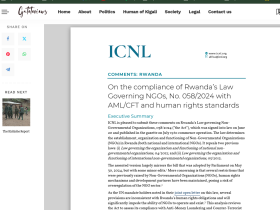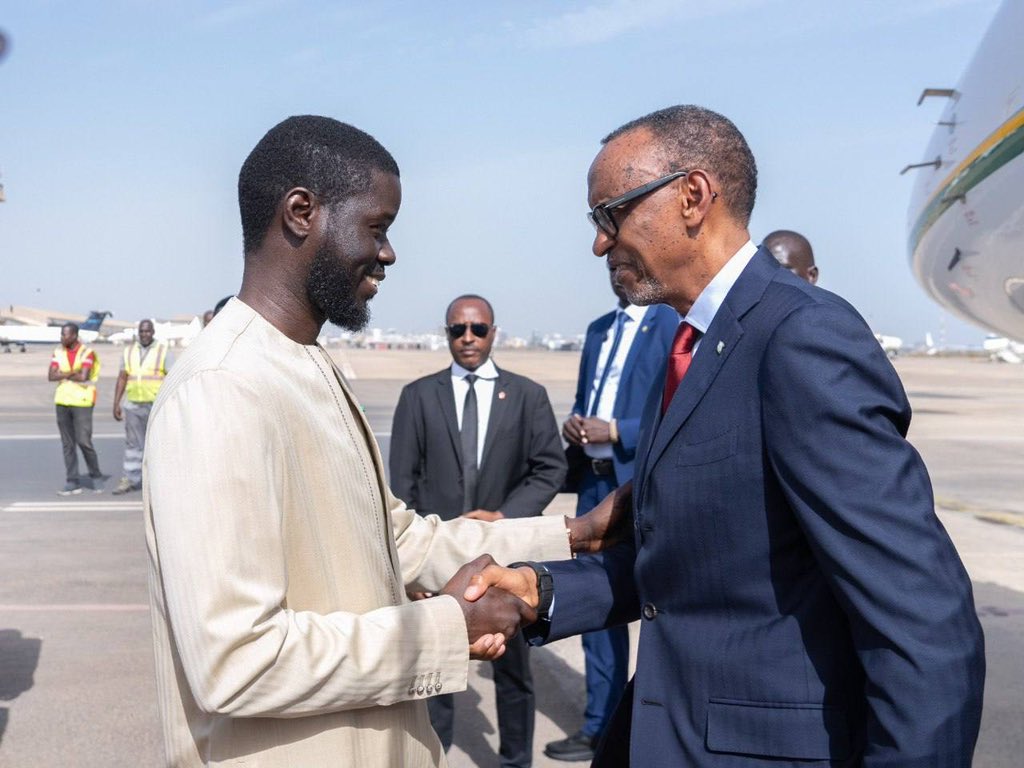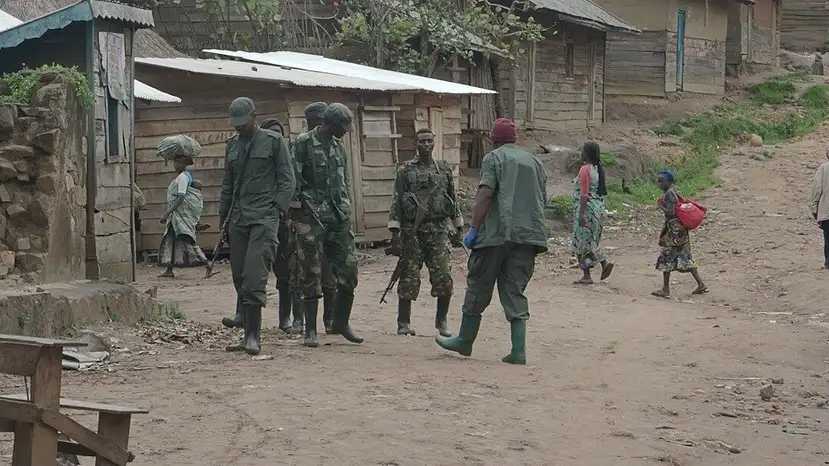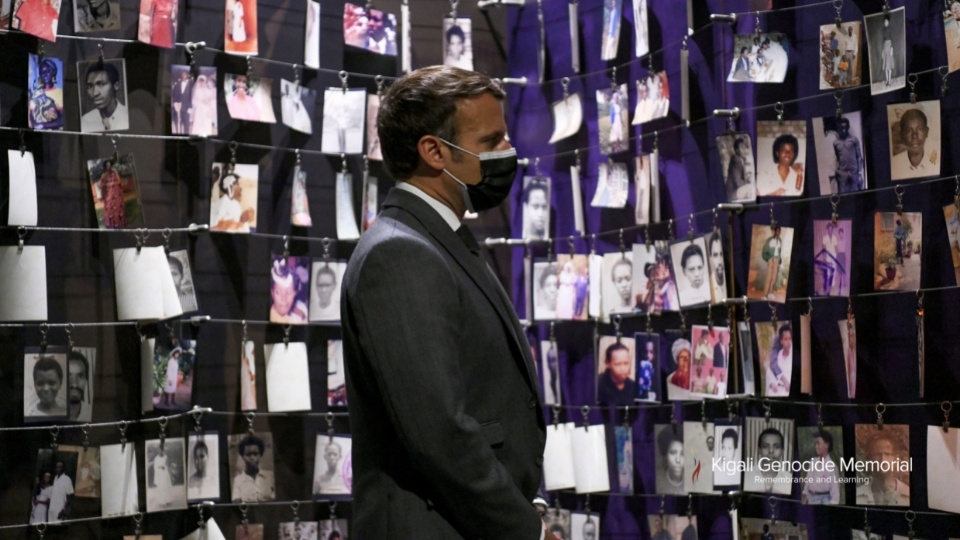This morning I was pondering the indefinite closure, by the Rwandan government of the BBC Kinyarwanda version, and what it meant for our society.
For some people, the BBC was an independent source of information, one of the rare ones, since all media outlets in Rwanda are ‘controlled’.
Come to think of it, there is some truth in that. No media agency in Rwanda would dare broadcasting some of the content of BBC Gahuzamiryango, and certainly no one could get away with it, ever.
Indeed the Rwandan law prohibits genocide ideology, Genocide denial, hate speech and divisionism, and jealously protects its people against that, especially from media and politicians. Does that restrict freedom of the press and political freedom? Absolutely!
But these laws are not far-fetched. We did not just dream about them. Just the other day, Kangura news paper and Radio Television Libre des Milles Collines (RTLM) were calling people to kill all Tutsis; and they did: massively!
The world, at that time, was standing by, reluctant to shut down the hate Radio in the name of ‘Freedom of Speech’. Equally, politicians went on hills and called people to go out, hunt and kill Tutsis; all in the name of freedom of assembly and freedom of expression.
So Rwandans came in and single handedly put an end to the genocide. They decided that never again would they allow such things to happen – hence these laws. Are they good laws? Of course not! Are they necessary? Absolutely. Well at least for now…
Which brings me to the indefinite closure of the BBC-Kinyarwanda edition:
See, it is not the first time that the BBC was shut down. The last time it was around the early 2000s, less than ten years after the genocide, when BBC journalists went to Mali and interviewed convicts of Genocide who were incarcerated there. These were mostly the masterminds of the genocide against the Tutsi tried and convicted by the International Criminal Tribunal for Rwanda (ICTR) in Arusha.
In the interview, the convicts spoke of their life in prison. They explained how well they were treated, how they received three meals a day, had good medical care and exercised. They warned that they were soon coming back to Rwanda to take over. This interview was aired on primetime in Kinyarwanda here.
Now, put yourself in the shoes of a genocide survivor – if you can… A woman who had been raped during the genocide, and infected with HIV/AIDS by one of the individuals interviewed, whose house and livestock were destroyed and was now struggling as a result. Here I have to add that at the time we were still recovering from the Genocide and we did not have free health coverage – obviously, so she struggled to get food, let alone her ARVs. How did this woman feel? Especially hearing that these people would be coming back soon to take over, and take her through the same ordeal.
The UK having also suffered from the Second World War, I wondered how the world would feel, if the BBC had visited and interviewed Adolph Eichmann and Heinrich Himmler in prison (before hanging for the first and suicide for the second), aired interviews where they boasted of a five star treatment in prison, and warned that they would be coming back to take over Europe? Then go on to broadcast all that in Hebrew. How would we feel? Most importantly, how would the Holocaust survivors feel?
But here in Rwanda we had to reopen the BBC, mostly because we needed the aid money that the UK government was giving us annually.
For years, they treaded an editorial line bordering genocide denial and opposition to the post genocide government. Finally as we remembered our people on the 21st commemoration of the Genocide perpetrated against the Tutsi, they aired the Untold Story.
There was nothing untold about that story. It was an amalgam of all the conspiracy theories, Kagame bashing and genocide denial: all in one documentary.
The heroes of the film were two American lawyers who had worked for the defense of genocide perpetrators at the Arusha tribunal; one Belgian professor who had worked for the defeated Habyarimana regime and had helped entrench the ethnic division into the previous constitution; the wife of another genocide denier – who cried on camera; and our very own Kayumba Nyamwasa – who now works with the FDLR – a group on UN terrorist list, with a genocide agenda.
In the documentary they said that Kagame and his lieutenant were indicted by a French Judge for the downing of Habyarimana plane, but conveniently forgot to mention that another French judge had overturned that decision.
(More on this on: http://gateteviews.blogspot.com/2015/04/dont-say-rwandan-genocide-say-genocide.html)
But in a nutshell, the documentary sat on all our laws on genocide denial, revisionism and hate speech; and there lies the problem: Would it be advisable to let a foreign broadcaster act above the law in Rwanda?
Laws that we enacted to define our post genocide society, on rather legitimate grounds, stamped to the floor, over and over again; all in the name of freedom of expression?
How would a society be allowed to define itself and evolve, if a foreign force made a joke of its laws and got away with it? How sovereign would that society be?
Granted, these restrictive laws are bound to change with time and we know it. But for now, they are entrenched in the Rwandan Constitution: In its preamble! They are at the heart of the current Rwandan stability, unity, reconciliation and equality. Values that may be subsidiary to others, but most dear to us Rwandans, far above freedom of expression.
Foreigners are quick to put it all on the head of President Kagame: ‘he does not allow freedom of the press’ – they say. But the truth is, he is just enforcing the Rwandan constitution as Rwandan elected him to.
We, Rwandans do not think the right to bear firearms is paramount, but we do not try to impose our way of life to Americans. They have decided in their wisdom that that is what they want for their society and we must respect that!
Equally, we do not think Muslims should be prevented from building minarets wherever they want, but we do not attempt to change the Swiss: It is in their Constitution and we respect people’s right to self determination.
We also do not think the Brits should treat migrants the way they do, but guess what? They are happy with that and elected David Cameron to do it: who are we to question them?
Our themes as we commemorate our people are: Remember, Unite, Renew! That is how we want it. It is not the place of the BBC or anyone else to define Rwandan society, or influence it against our will. We, the Rwandan people will repeal those restrictive laws when we feel that our society is ready. Then we’ll invite the BBC back, although I don’t think Eichmann and Himmler’s interviews will ever be allowed to air anywhere and at no price; for the respect of mankind; the living and the departed…
Posted 3rd June


















Leave a Reply